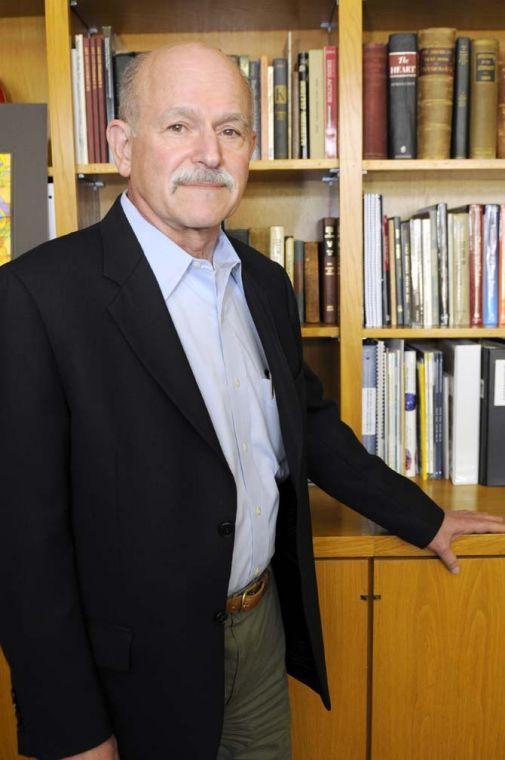It seems hitting the sheets with your partner is no substitute for hitting the gym.
Common misconceptions say having sex, avoiding snacks and eating breakfast will help an individual lose weight, but a recent study by Steven Heymsfield and his colleagues around the world proved otherwise.
Heymsfield, a researcher in energy and metabolism at Pennington Biomedical Research Center, looked into obesity myths and presumptions and, specifically, examined calorie levels in increasing and decreasing weight.
The first myth Heymsfield studied proved that sex is not the exercise many people may have thought.
“The myth was originally looked into decades ago when cardiologists were worried about the heart’s performance in sex,” Heymsfield said. “They measured energy output in a unit called ‘met.’”
Heymsfield said he translated met into calories and found that sex only burns about 20 to 30 calories, about the same as a slow walk, while previous studies said it would burn nearly 300 calories.
“The average time a couple would spend [having sex] in the lab was six minutes,” Heymsfield said. “And if the couple were just watching TV during, it would burn about 10 calories.”
The second myth he busted was that reducing small calorie intake from one’s diet would increase future weight loss.
“This myth is based on the rule that 3,500 calories equals one pound,” Heymsfield said. “But the study showed you will not lose as much weight as you think.”
Pennington website’s news release said the myths states “if an individual increases calorie expenditure by 100 calories by walking a mile a day that over five years that person can lose more than 50 pounds, when the true weight loss is only about 10 pounds.”
Human nutrition and food alumni professor Carol O’Neil said the study only considered weight and that other health benefits need to be considered to increase a person’s well-being.
“The study says eating or not eating breakfast has no effect on weight, but other studies show people who eat breakfast maintain lower weight,” O’Neil said. “I recommend eating breakfast despite the myth — grain cereal, toast and low-fat milk can all attribute to a healthy lifestyle.”
Heymsfield agreed, saying eating breakfast has been proven to increase both physical and mental performance, especially in children.
O’Neil also pointed out the studies showed consumption of fruits and vegetables will not drastically affect weight loss, but eating these foods can lower the risk of cancer, heart disease and diabetes.
Heymsfield said this study could provide people with a realistic basis to establish a healthy lifestyle and hinder weight-loss expectations.
“People may use a rule of thumb about weight loss and think there is something wrong with them and give up,” Heymsfield said. “The study can help them realize they lost the amount of weight they were supposed to.”
O’Neil was worried people may misinterpret the findings, however.
“The study said snacking is not a bad thing when associated with consistent weight loss,” O’Neil said. “For example, giving fruit, dairy and nuts to children who cannot eat large meals is a benefit to health and will not result in weight gain.”
Heymsfield said the Internet can amplify these myths, and millions of people end up “drowning” in the false ideas they read online.
The study also showed several facts about obesity, such as how people can be healthy even if they have the “obesity gene” and exercise is important in maintaining weight loss, Heymsfield said.




